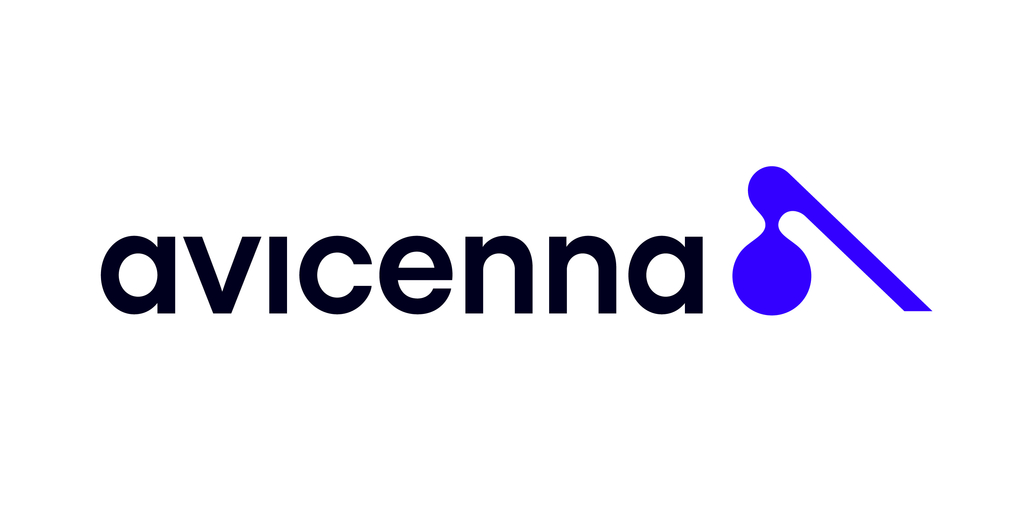DURHAM, N.C.--(BUSINESS WIRE)--Avicenna Biosciences, a company using machine learning (ML)-driven medicinal chemistry to accelerate the last mile of drug discovery, today announced it has secured its first composition of matter patent. Entitled “Azaindole ROCK Inhibitors,” U.S. Patent (12,116,366) (the ‘366 patent) grants Avicenna exclusive rights to compounds that inhibit Rho associated protein kinases 1 and 2 (ROCK1/2), pharmaceutical compositions that contain the compounds, and methods of treating neurodegenerative diseases with the compounds, including ALS and Parkinson’s disease.


ROCKs are enzymes that play a crucial role in regulating cytoskeletal rearrangement, cell motility and tumor cell invasion. ROCK inhibitors target the ROCK pathway and demonstrate potential for treating neurodegeneration and metabolic diseases. However, designing an orally dosed, central nervous system (CNS)-penetrant ROCK inhibitor that offers high potency and selectivity has proved extremely difficult.
Avicenna is developing its own ROCK Inhibitor Program to overcome these challenges, using novel ML technology to identify drug-like compounds with desired pharmacokinetic properties. One of the therapeutic candidates in the company’s Program, AVI-009, is designed to be used in combination with Levodopa to ensure the drug remains effective at treating Parkinson’s disease while also eliminating involuntary movement side effects. With a recent animal study showing that AVI-009 is potent, highly selective and well-tolerated, Avicenna is initiating the studies required to begin human trials and will prepare to launch a Phase 1 clinical trial of AVI-009 later next year.
“Our ML-driven medicinal chemistry platform has already enabled the discovery of the first orally available, CNS-penetrant ROCK inhibitor for the treatment of neurodegenerative diseases, with Investigational New Drug-enabling studies initiated just over one year since we began the Program,” said Dr. Thomas Kaiser, co-founder and Chief Scientific Officer at Avicenna, and inventor of the ‘366 patent. “Securing this patent will protect and advance our work of pioneering much needed treatments for diseases like ALS and Parkinson’s, and designing these therapeutics with far fewer compounds, significantly less cost, and much faster timelines.”
The patent issuance comes during a period of steady growth for Avicenna. As part of its formal launch in May, the company published a paper with Schrödinger and Microsoft Research AI4Science in the peer-reviewed Journal of Chemical Information and Modeling, which outlined how combining Schrödinger’s physics-based methods with Avicenna’s novel ML methods can make the lead-to-drug optimization phase of small molecule drug discovery faster, less expensive, and more successful. In July, the company announced a strategic research collaboration with Molecure S.A. (SWE Ticker: MOC), which will facilitate the discovery and development of novel small molecule drugs targeting ubiquitin-specific protease 7 (USP7), a deubiquitinase relevant in a number of tumors. Avicenna has raised $20.5 million in funding to date, with DCVC Bio leading its 2022 seed round.
About Avicenna Biosciences
Avicenna was founded in 2020 by Drs. Thomas Kaiser and Pieter Burger out of the Liotta Research Group at Emory University. The company is on a mission to solve the intractable drug design challenges that previously stopped drug candidates in their tracks. Its machine learning-driven medicinal chemistry platform makes lead-to-drug optimization faster, cheaper and more successful – transforming sub-optimal clinical candidates into life-saving drugs. Avicenna is backed by DCVC Bio, and Christopher Meldrum joined the company as CEO from DCVC Bio. The company’s peer-reviewed research has been published in outlets such as Journal of Chemical Information and Modeling. For more information, visit www.avicenna-bio.com and follow the company on LinkedIn.
Contacts
Kerry Walker
kerry@walkercomms.com




